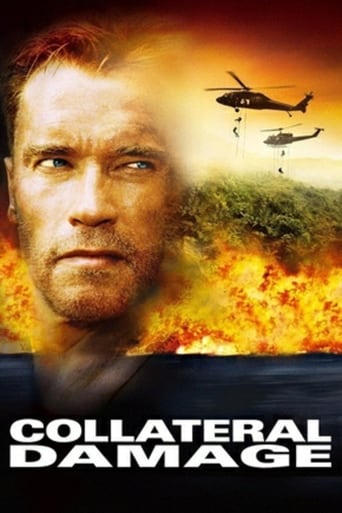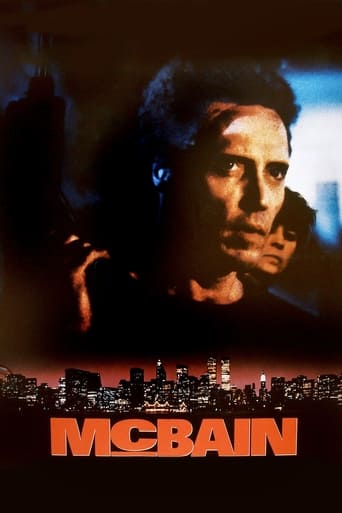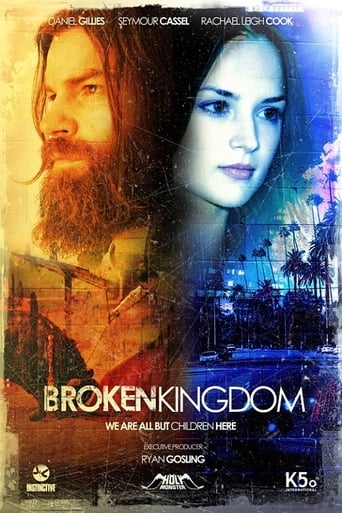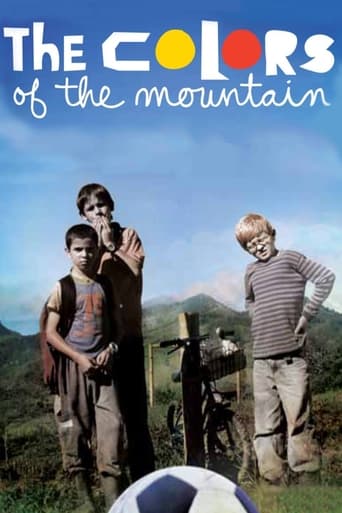
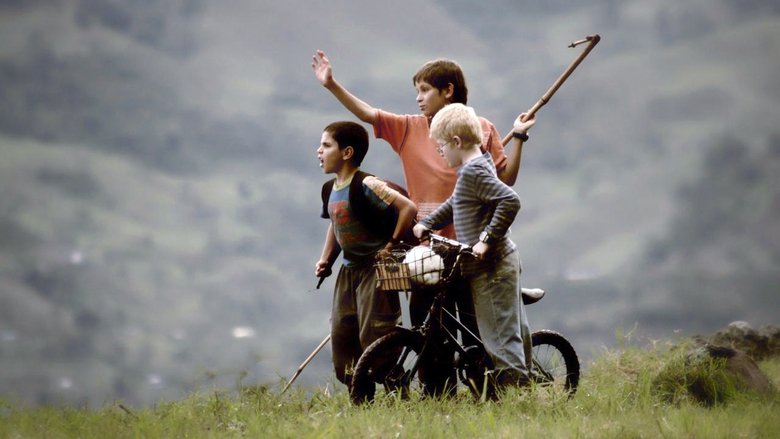
The Colors of the Mountain (2011)
A motley crew of young boys in Colombia lives only for one passion: soccer. But when their precious new ball rolls into a minefield, their dreams are suddenly on hold. Even as the village becomes the center of a tug-of-war between right-wing paramilitary groups and leftist guerrillas, the idea of a rescue attempt is too tempting to resist.
Watch Trailer
Cast


Similar titles
Reviews
Carlos César Arbeláez, the listed as the director started by making documentaries in the Nineties including Cómo llegar al cielo, El cine en casa, Casa de mujeres and Negro profundo. This was his his first fictional feature film, and his background of aiming a camera at real people and settings is clearly seen. IMDb does not for some reason list the writer, but if you follow the link to the trailer, at the end it says "escrita y dirigida" which means that Arbelaez both wrote and directed this film; it is his baby, and how proud he should be. The dialog and actions of the characters could very well have been from a documentary, and this includes everyone from the focal adults to the incredible children and even the toddlers and the "attack" dog.This film depicted something that we who live in an ordered political system, even if far from any ideal, never have to experience first hand, a world of eternal lethal conflict where there is no way to opt out and choose to live peacefully. The genius of this film was that the horror of this existence was seen through the innocent eyes of children, in this case who had the comfort of their simple home, family and friends. We sensed the danger around them, but felt somehow protected from it, as they did. And their brand new soccer ball that was the gift to nine year old Manuel by his struggling farm family that was to provide pleasure to the whole gang of kids. A simple toy, that happened to fall down a ravine that while almost accessible, was in a field that had been strewn with mines by the guerrilla forces that were demanding fealty from Manuel's father. How close was the ball to being reached and saved, as close as the vulnerable families who were beset by violence with no way to escape it. How simple and pure is a ball, a device that combined with human creativity can focus the energies of children, and of adults to crescendos of exuberance, whether in a vast stadium or a simple flat area among the hills of a desolate farm community. A true work of rare artless art.
It's worth to say that actually the military forces are well represented in this movie because they are totally absent as a it happens in Colombia's countryside. The destiny of many farmers in many regions is controlled by the authority of the moment, in this case either the "guerilla" or the "paramilitares". Nice movie that show what most of the Colombian already know but with a very sensitive touch avoiding the shocking-eye bloody and sad images and presenting how complex has been the conflict in Colombia has been, where its main reason is the economical interest on the land, and where public authorities are completely incompetent and unfair, triggering the formation of groups of alleged left or right philosophy that are no better.
The humble people of the countryside, mostly, not want anything to live at peace with his family and neighbors. Caring for chickens, planting your garden and extract the milk of the cow daily what help them raise their children, are your greatest aspirations. They send their children to school only because they understand that being illiterate involves some limitations, but most are content to learn the skills that help them survive in communion with the earth, plants and animals. The farmer did not understand much -or want to know- about politics, armed groups, no war, let alone understand the worries of power, expropriation and exile that encourage so many men who seem to have been dead soul. But, one day, the sun illuminating the land is colored gray, the rivers and crystal clear water not only flows but, every now and then, drag the dead body of someone who sided or simply refused to stand with one, and in the mountains, the wind does not blow with his characteristic freshness but ill-fated day brings news full of despair. But in the midst of so much pain and distress, children are happy knowing that not everything is perfect. Encouraged the game, the color of the valleys and mountains, the proximity of their pets, the affection of his parents ... and above all, friendship.It is in this environment, where the life of Manuel, the son of Ernesto and Miriam, for whom football has a great meaning, and whose father feels that "the community has nothing to do with the thing they (guerrillas and paramilitaries )". Julián is the big boy friend who collects different types of bullets that have cracked their land. And Genaro, whom they call "Little Light" is the albino child who trying to convince someone - without reason- that for this feature, your life expectancy will be short.Results of a long wait and a few frustrations, "COLORS OF THE MOUNTAIN" It was like those who spend bamboo growing roots long, drawing directions, and calculating the size of the sky, and then emerge with impetus and glory. And then, reaffirms that the great and worthy is almost always the result of an big effort. Emotional and convincing interpretations of those small, without any acting experience, won a huge natural. Well, once more, Hernán Méndez (recycleman memorable in "La primera noche"), as the loving father of small Manuel. And good for Natalia Cuellar, the beautiful teacher who seeks to restore hope of peace to children. This is one of the best, poignant and true stories are told in Colombian cinema. Any recognition that can be made will be well deserved.
Los Colores de la Montaña (The Colors of the Mountain) is one of the more delicate and sophisticated films to deal with warring factions in South American countries to come along in a long time. Written and directed by newcomer Carlos César Arbeláez this story is wise because it explains the work through the eyes of children: perhaps that is the best way to understand the conflicts that flood the planet at present. Set is the lush and picturesque mountains of Colombia, we gradually discover through the games of the children that there are two factions struggling for power in this remote area - the military of the government and the reactive guerrillas. Manuel (Hernán Mauricio Ocampo) is eight and loves soccer even though his soccer ball is an old collapsed mess of toy. He and his friends Julián (Nolberto Sánchez) and the little albino boy Poca Luz (Hernán Méndez) play soccer anyplace they can. Manuel also tends to his duties as a farmer's son (his father is devoted to him, sharing the chores, and protecting him and his wife and baby from the bilateral dangers of the military and the guerrillas): his parents reward him on his ninth birthday with a new soccer ball and gloves. Very proud, Manuel shares his treasure with his friends but accidentally the ball lands in a minefield (the result of the military invasion) and becomes inaccessible. The boys challenge Poca Luz to retrieve it but he fails. A new teacher comes to the village and brings order to the chaos the children feel. Discovering that Manuel colors pictures of his countryside in his notebook the teacher decides to use his talent that that of his friends to paint over political graffiti smeared on the schoolhouse: she loses her job. Rebel forces and military forces enter the village and families are forced to evacuate - but Manuel manages to recover his treasured new soccer ball in the midst of the senseless fighting the adults of his world are staging. After all, what is really important?! The acting skills of these children are beautifully straightforward and unforced, thanks to the fine direction of Arbeláez. He manages to tell a tale that is tender, humorous, and meaningful and in the end it is the inherent pure wisdom of children that seems to be the sustaining factor in the little villages of the mountains of Colombia. The lush photography is by Oscar Jimenez. This is a very fine film that has already won awards in festival, but it is a film that is more important that it be shared by a very large audience. In Spanish with English subtitles. Grady Harp





